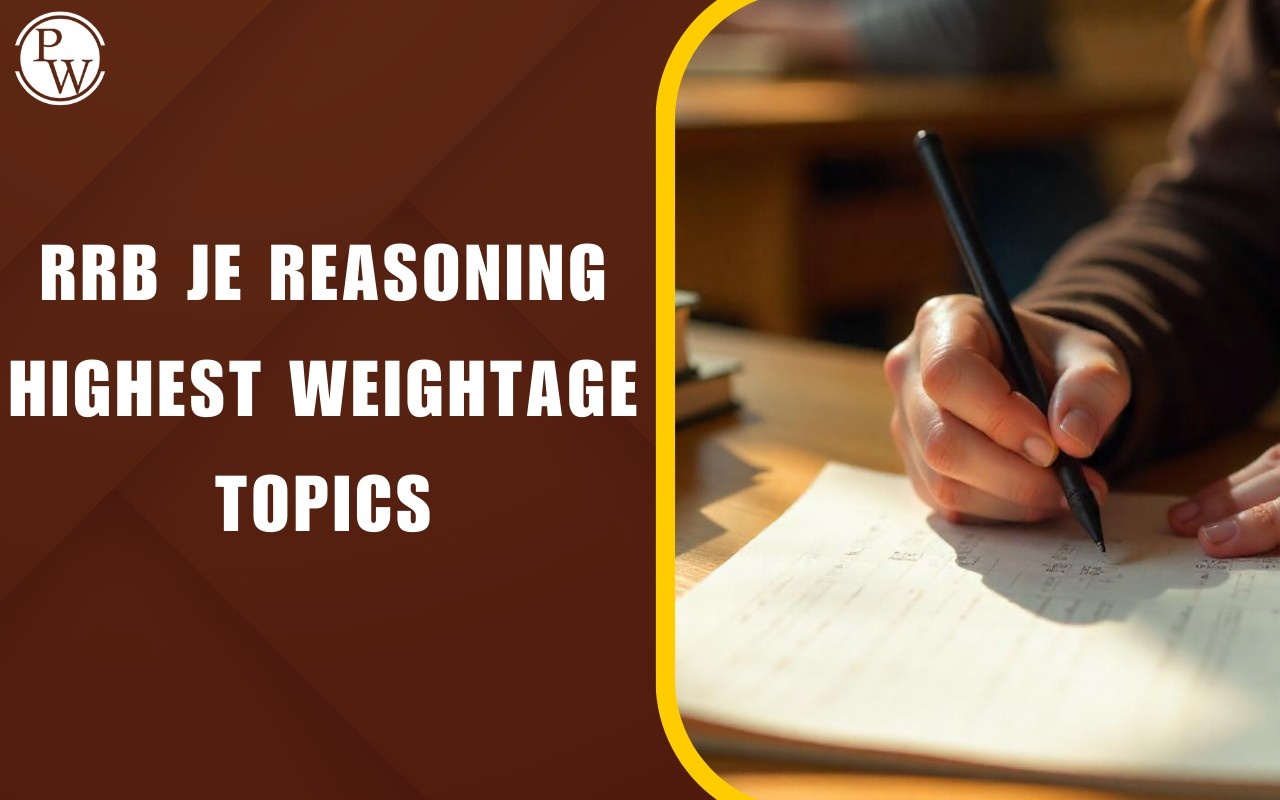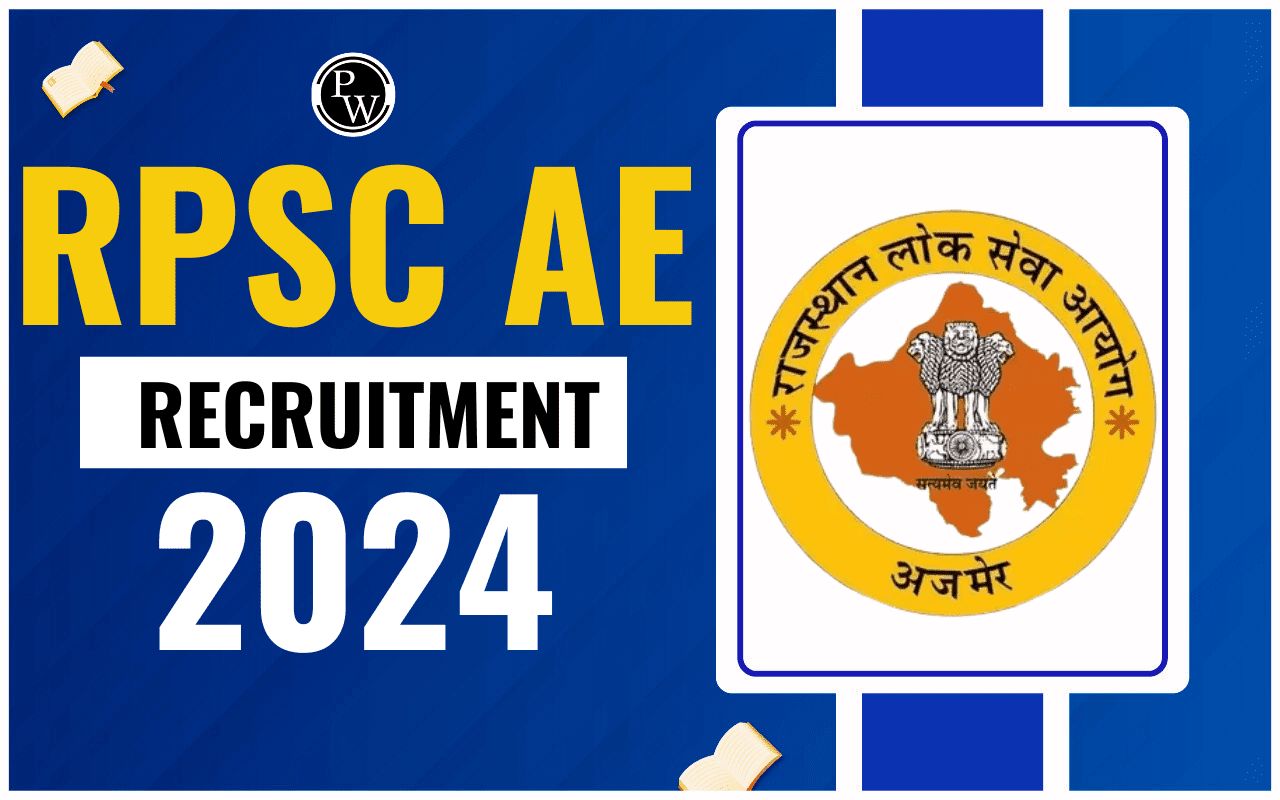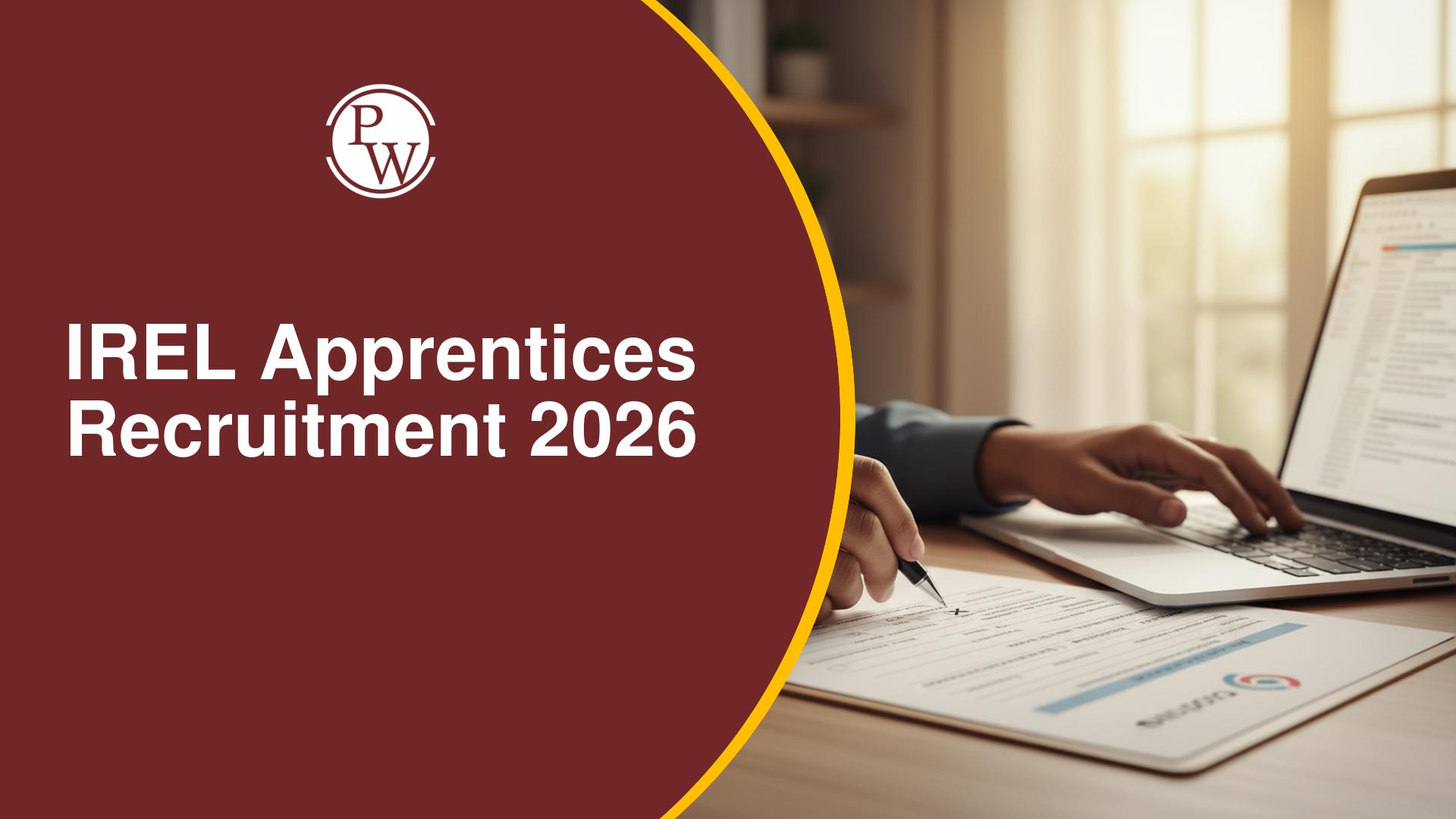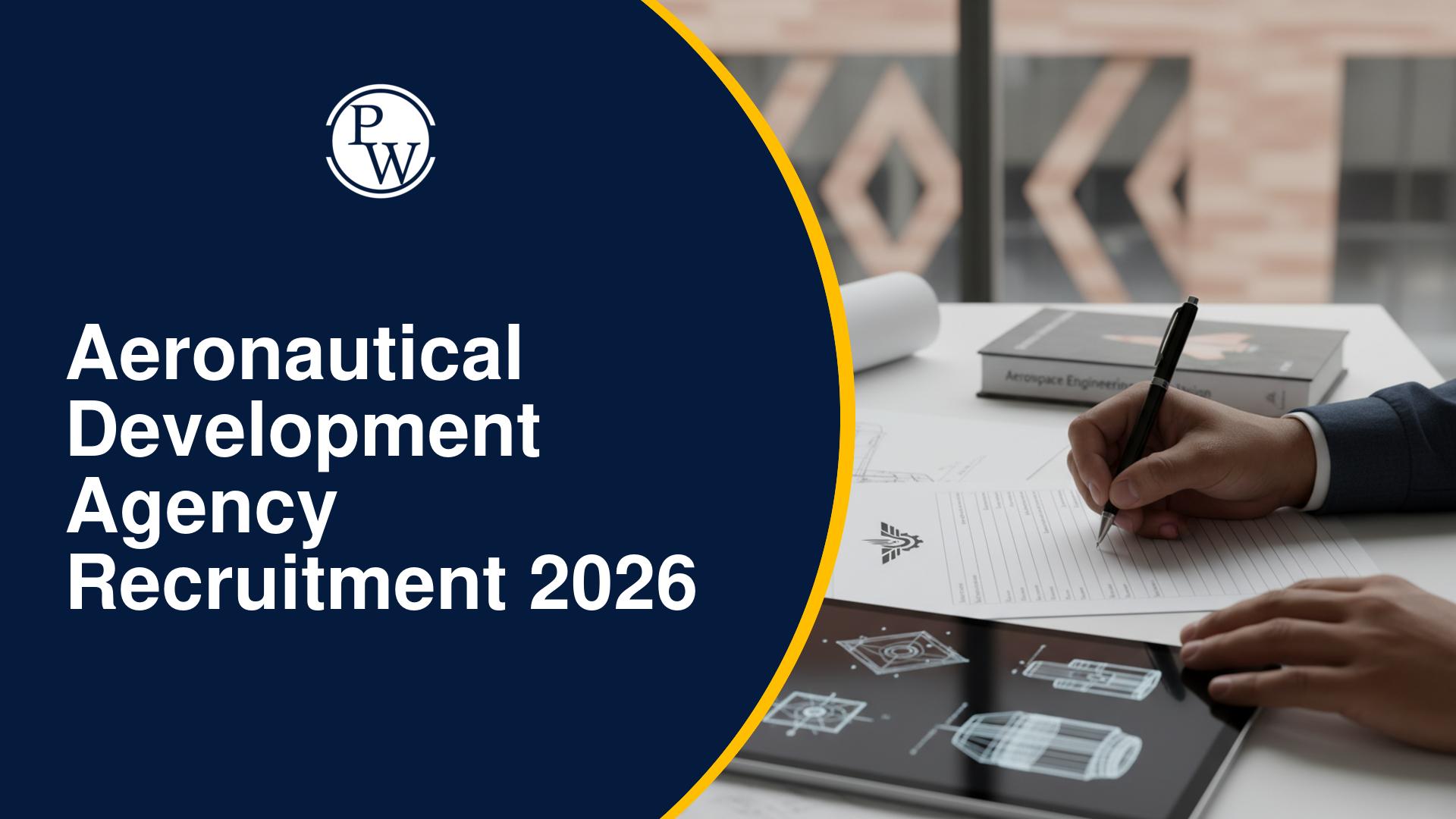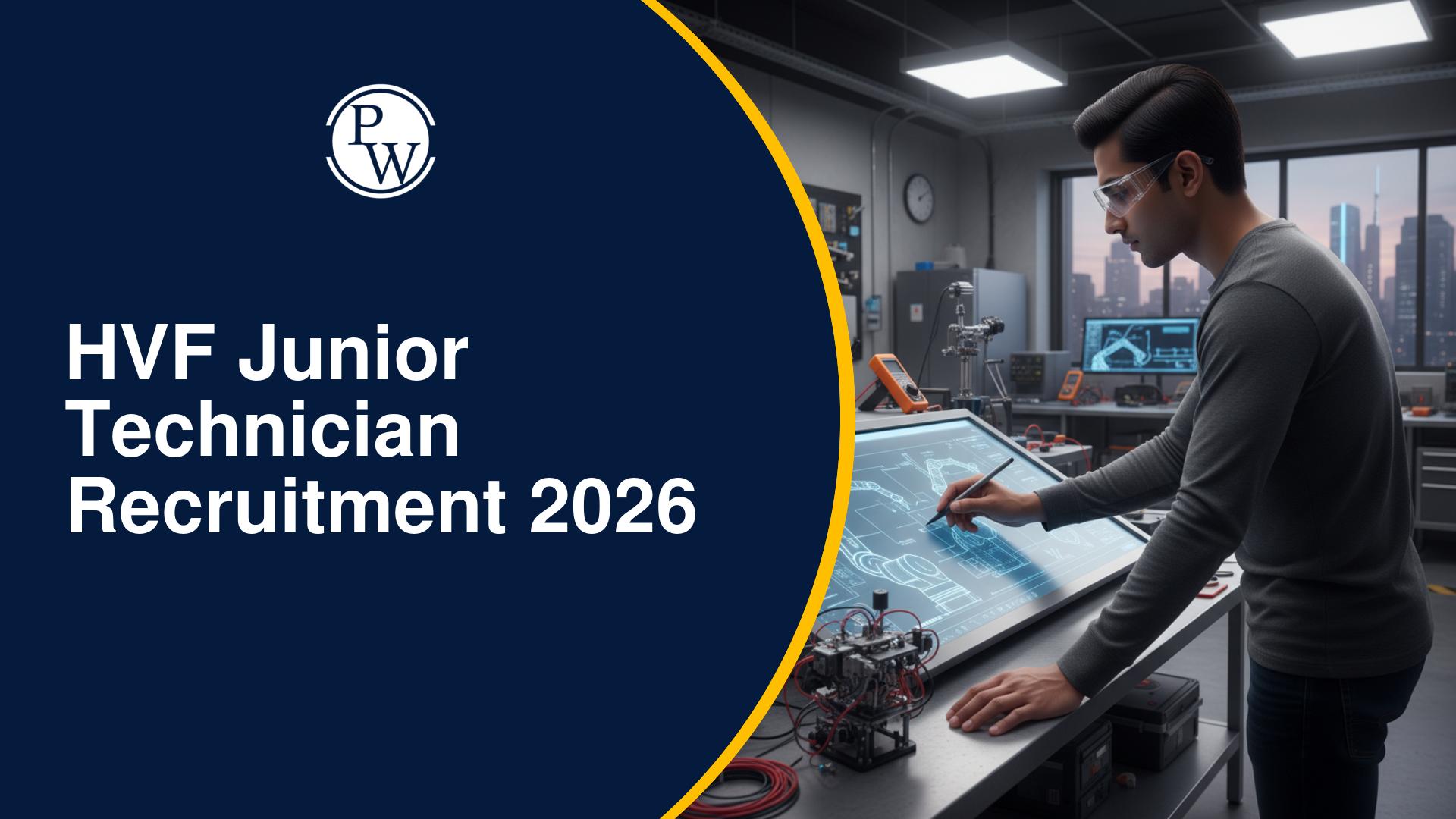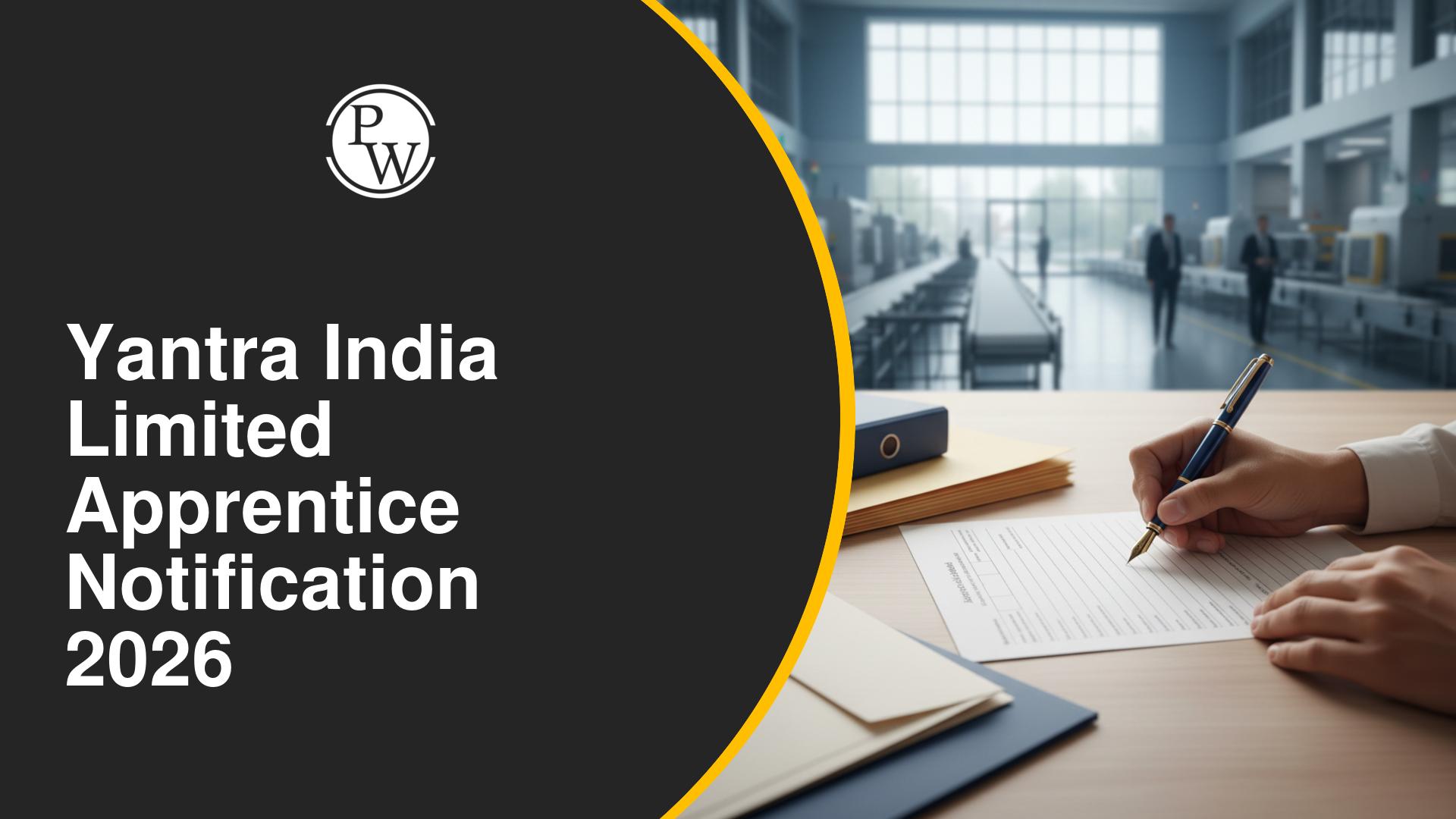
Important Topics for SSC JE Exam 2026: The SSC Junior Engineer (JE) Exam 2026, conducted by the Staff Selection Commission (SSC), targets diploma and degree holders in Civil, Mechanical, and Electrical engineering for government roles. With the official SSC JE 2026 notification set for release in March 2026, followed by online applications from March to April 2026, aspirants should gear up early for the Tier 1 exam in May-June 2026. This article breaks down the most critical subject-wise topics to streamline your preparation and boost scores. Focus on high-weightage areas from past trends to stay ahead in this competitive recruitment drive.
Important Topics for SSC JE Exam 2026
The SSC JE Exam covers a wide range of subjects, like reasoning, general awareness, civil engineering, mechanical engineering, and electrical engineering.
Focusing on important topics for SSC JE Exam 2026 will enhance your chance of success in the forthcoming examination. An understanding of the most key topics for SSC JE Exam 2026 is crucial for students to make their preparation effective by focusing more on these topics.
To excel in the SSC JE Preparation 2026, it's crucial for aspirants to be well-acquainted with the important topics to improve their overall score. Go through the list of key focus areas for General Awareness, Reasoning, Civil, Mechanical and Electrical Engineering subjects to elevate your preparation.
Aspirants are advised to cover the entire SSC JE Syllabus well with special attention to these topics to boost their score.
Also, Read: Life After Clearing SSC JE Exam
SSC JE Important Topics for General Awareness
The general awareness section includes current affairs, history, polity, geography, general science, and economics. This section covers a weightage of 50 marks in the exam for which the important topics are mentioned below:
- Current Affairs - National and International issues.
- History - Ancient Indian History, freedom struggle, medieval Indian history, modern history, important facts.
- Polity - Indian Constitution, judiciary, political system, governance, and important rules and acts.
- Geography - Geography of India and the world.
- Economic development
- General Science - Basic concepts of physics, chemistry, and biology with knowledge of recent advancements.
- Computer - Basic knowledge of computers focusing on input-output devices, hardware and software, networking, etc.
SSC JE Important Topics for Reasoning
The reasoning section covers a wide range of topics to test the logical ability and problem-solving skills of the aspirants. The key topics of this section are outlined below:
- Analogies and Classification - Includes questions on identifying the similarities and differences among various objects, concepts, and ideas.
- Series - Number series, letter series, and alphanumeric series
- Coding-Decoding - follows a fixed pattern and rule to test the candidate's knowledge.
- Syllogism - To test the decision-making of the aspirants
- Blood Relation - Includes the complex relationship concept to analyze the problem-solving abilities of candidates
- Seating Arrangement - To test the decision-making abilities of aspirant
- Non-Verbal Reasoning - Includes questions on mirror image, water image, paper cutting and folding, figure completion, etc.
SSC JE Important Topics for Civil Engineering
This section focuses on identifying the knowledge of students in core technical subjects of Civil Engineering. The important topics from this section include:
- Building Materials - Properties and uses of different building materials like brick, aggregate, sand, cement, timber, steel, etc. and their selection criteria.
- Surveying - Basic principles of surveying, types of surveying, various surveying tools and their uses.
- Structural Engineering - Basics of structure and design principles, beams, columns, trusses.
- Soil Mechanics - Soil and their properties, void ratio, porosity, degree of saturation, water content, the specific gravity of soil grains, unit weights, density index and interrelationship of different parameters, Grain size distribution curves and their uses.
- Hydraulics - Fluid properties, hydrostatics, flow measurements, Bernoulli’s theorem and its application, flow through pipes, flow in open channels, weirs, flumes, spillways, pumps, and turbines.
- Irrigation Engineering - Types, and methods of irrigation, Time factor, Crop ratio, Overlap allowance, Irrigation efficiencies. Different types of canals, types of canal irrigation, Lacey’s theory of uniform flow, flood: causes and effects.
SSC JE Important Topics for Electrical Engineering
This section includes the questions on core subjects of Electrical Engineering to test the aspirant's knowledge in the specific subjects. The key topics included in this section are as follows:
- Basic Concepts - Resistance, inductance, capacitance, and various factors affecting them. Concepts of current, voltage, power, energy, and their units. Kirchhoff’s law, Simple Circuit solution using network theorems.
- Magnetic Circuits - Concepts of flux, MMF, reluctance, Different types of magnetic materials, Magnetic calculations for conductors of different configurations e.g. straight, circular, solenoidal, etc. Electromagnetic induction, self, and mutual induction.
- AC Fundamentals - Instantaneous, peak, R.M.S. and average values of alternating current waves, Representation of sinusoidal waveform, simple series and parallel AC Circuits consisting of R.L. and C, Resonance, Tank Circuit. Poly Phase system: star and delta connection, 3 phase power, DC, and sinusoidal response of R-Land R-C circuit.
- Measurement and measuring instruments - Measurement of power (1 phase and 3 phase, both active and reactive) and energy, 2 wattmeter method of 3 phase power measurement. Measurement of frequency and phase angle. Ammeter and voltmeter, wattmeter, Multimeters, Megger, Energy meter AC Bridges. Uses of CRO, Signal Generator, CT, and PT.
- Electrical Machines - DC Machines and their applications, Illumination, Electric heating, Electric welding, Electroplating, Electric drives, and motors.
- Generation, transmission, and distribution of electrical energy.
- Basic Electronics - Working of various electronic devices e.g. P N Junction diodes, Transistors (NPN and PNP type), BJT, and JFET. Simple circuits using these devices.
SSC JE Important Topics for Mechanical Engineering
This section assesses the candidate's understanding of core Mechanical Engineering subjects. The important topics from this section are listed below:
- Engineering Mechanics - Equilibrium of Forces, Law of motion, Friction, stress and strain, Bending moments and shear force diagram, torsion, buckling of columns.
- Theory of Machines - Simple machine, Four bar linkage and link motion, Flywheels and fluctuation of energy, Power transmission by belts. Clutches, types of gears, governors, cam, bearing.
- Thermodynamics - Laws of thermodynamics, cyclic process, flow and non-flow processes, Air standard Cycles for IC engines, properties of pure substances.
- Boilers - Classification; Specification; Fittings & Accessories of fire tube and water tube boilers.
- Fluid Mechanics - Ideal & real fluids, Newton’s law of viscosity, Newtonian and Non-Newtonian fluids, compressible and incompressible fluids.
- Centrifugal Pumps - Classifications, Principles, Performance.
- Production Engineering - Classification of steel and its alloys, Heat treatment of steel, Welding – Arc Welding, Gas Welding, Resistance Welding, Special Welding Techniques i.e. TIG, MIG, etc. (Brazing & Soldering), Welding Defects & Testing; NDT, Foundry & Casting. Various machining processes including Lathe, Milling, Drilling, Shaping, Grinding, and machine tools.
Enroll in PW AE JE Online Courses to prepare effectively for the SSC JE, RRB JE, and other upcoming AE/JE examinations. Avail the structured study material with mock tests, e-books, etc. to gear up your exam preparation.
| SSC JE Important Links | |
| SSC JE Eligibility Criteria | SSC JE Selection Process |
| SSC JE Syllabus | SSC JE Exam Pattern |
| SSC JE Previous Year Question Paper | SSC JE Salary |
Important Topics for SSC JE Exam 2026 FAQs
Q. What are the important topics for SSC JE?
Q. What are the important topics for SSC JE Civil Engineering?
Q. How can I prepare important topics for SSC JE Exam 2026?
Q. Can I avoid general awareness while preparing for SSC JE?

